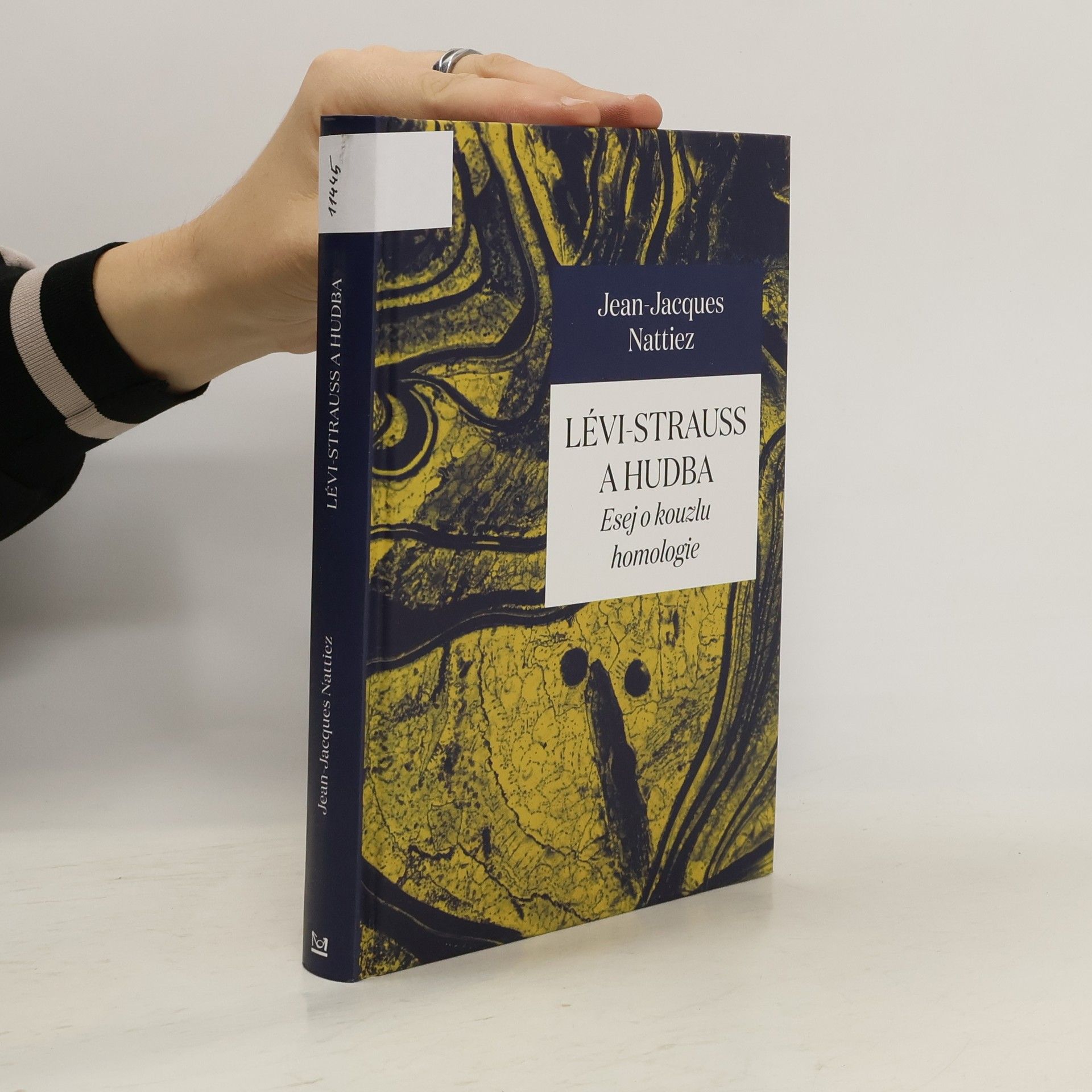Lévi-Strauss a hudba: esej o kouzlu homologie
- 296 Seiten
- 11 Lesestunden
Lévi-Strauss a hudba, Nattiezova studie z roku 2008, představuje jednak souhrnný pohled na problematiku hudby v Lévi-Straussove díle, ale zároveň se na tomto muzikologickém pozadí kriticky vyrovnává s lévi-straussovskou antropologií jako takovou. Nattiez ukazuje, že hudba má v Lévi-Straussove strukturalistickém projektu význam zcela klíčový, neboť právě ona mu poskytuje model pro strukturální analýzu mýtu, tak jak bude rozvíjen zvláště v jeho čtyřsvazkovém souboru Mythologica. Nattiez si ovšem ohledně tohoto hudebního modelu klade mnoho podstatných otázek: mezi ně patří zejména problém srovnávání hudby a jazyka, jisté nesnáze spojené s Lévi-Straussovou metodologií, ale i některé nesrovnalosti týkající se Lévi-Straussovy interpretace konkrétních hudebních děl (především Wagnera). Díky tomu se tato zároveň kritická i obdivná monografie může stát také pozoruhodným a netradičním uvedením do Lévi-Straussovy strukturální antropologie jako takové.
